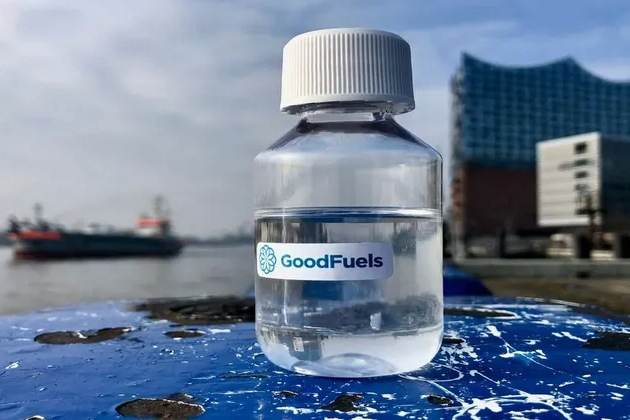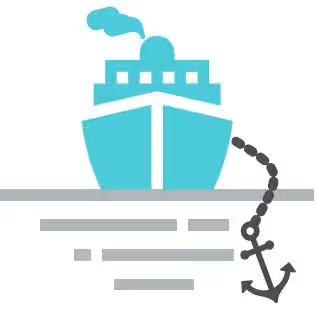Biofuels and LNG: Leading Alternative Marine Fuels Through 2030
Biofuels and liquefied natural gas (LNG) are expected to be the most economical alternative marine fuels well into the 2030s, according to speakers at the Marine Fuels 360 conference held in Singapore on October 7.
They emphasized the necessity of adopting new biofuel feedstocks in addition to the currently popular biodiesel and used cooking oil (UCO) methyl ester (Ucome). The demand for UCO in the sustainable aviation fuel (SAF) sector, which typically offers higher prices, may lead to insufficient Ucome supplies.

Source: cloudfront.net
Jesper Sørensen, global head of alternative fuels at KPI OceanConnect, mentioned that the supply of biofuels is expected to remain adequate until at least 2028. Should the International Maritime Organization’s (IMO) Net-Zero Framework be adopted in October 2025 and implemented from 2028, a rise in demand is anticipated.
Sørensen pointed out that relying solely on UCO will not meet future demand and recommended exploring other biofuel sources, such as cashew nut shell liquid (CNSL), pending further refining and testing. Guidance from engine manufacturers will be important in scaling these new feedstocks responsibly.
While the higher price of hydrotreated vegetable oil (HVO) may limit its use in shipping, it serves as a direct replacement for distillate fuel, particularly in conditions requiring low particulate matter emissions, such as in colder climates. Sørensen remarked:
“In practice, fatty acid methyl esters (FAME) handle the mileage, whereas HVO addresses the operational conditions.”
The uncertain regulatory landscape poses challenges for long-term investments in alternative fuels over the next decade. However, according to Captain Raghav Gulati from Anglo American, biofuels and LNG are relatively mature fuels that can serve as interim solutions. Existing infrastructure and risk awareness, along with industry standards for fuel quality, support this transition.
Sørensen noted positive developments, as an estimated 80 % of biofuel demand in Singapore is now met through long-term contracts, compared to primarily spot contracts last year. Gulati stressed the need for more equitable distribution of costs associated with alternative marine fuels throughout the supply chain, pointing out that the burden shouldn’t just fall on charterers.
Ethanol, also referred to as ethyl alcohol, was included in the IMO‘s International Code of Safety for Ships using Gases or other Low-flashpoint Fuels (IGF Code) in December 2020. Chris Chatterton, maritime advisor for the Global Centre for Green Fuels, stated that ethanol’s potential hasn’t been fully realized yet.
With nearly 100 vessels using dual-fuel methanol technology, producers of ethanol could meet additional demand as both fuels can mix. The next step involves co-combusting methanol and ethanol with tri-fuel engines. Currently, around 941 vessels are being prepared for retrofit to use both fuels.
Chatterton highlighted that ethanol is produced globally on a large scale, is approximately 25 % more energy-dense than methanol, and is safer to handle. An ISO standard for ethanol as a marine fuel is also emerging.
With the US and Brazil as major producers, the price of ethanol remains relatively stable, which is vital for shipowners. However, the demand for alcohol-to-jet SAF may drive shipping prices up, according to Chatterton.
Overall, the panelists concurred that biofuels and LNG represent effective intermediate solutions on the long journey to decarbonization. Gulati remarked, “This is a change that will last a lifetime or longer; we can’t transition from zero to 100 in a week. We must shift our perspective on biofuels from experimental to practical solutions that can help navigate industry regulatory challenges.”

